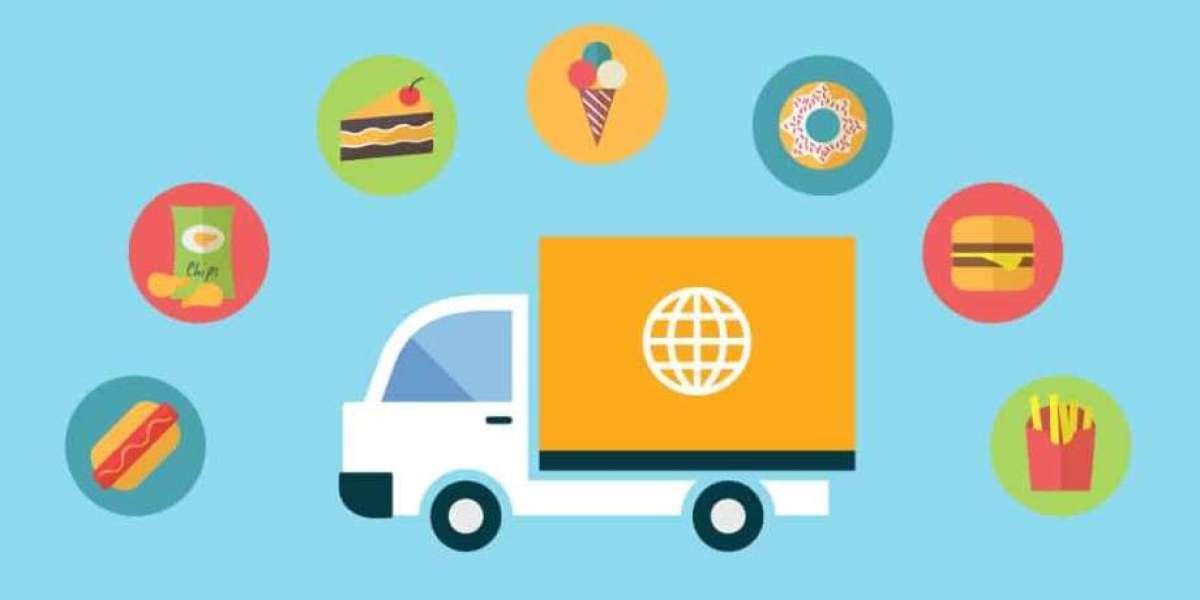In the dynamic landscape of the modern food industry, the role of a food distributor is indispensable. From connecting producers to consumers to ensuring seamless supply chain management, food distributors play a pivotal role in the journey of food products from farm to table. In this comprehensive guide, we delve deep into the intricacies of what a food distributor does and why their role is crucial in today's market.
Understanding the Function of a Food Distributor
At its core, a food distributor acts as a bridge between food producers and end consumers. They source products directly from manufacturers, farmers, or wholesalers and distribute them to retailers, restaurants, institutions, and other businesses. This involves a multifaceted process encompassing procurement, warehousing, transportation, and delivery.
1. Procurement and Sourcing
One of the primary responsibilities of a food distributor is to source high-quality products that meet the diverse needs of their clients. This entails establishing relationships with a network of suppliers, negotiating contracts, and ensuring the reliability and consistency of the products they procure. Whether it's fresh produce, packaged goods, or specialty items, food distributors must curate a diverse inventory to cater to the demands of their customers.
2. Inventory Management and Warehousing
Efficient inventory management lies at the heart of a food distributor's operations. They must maintain optimal stock levels to meet demand while minimizing wastage and storage costs. Utilizing advanced technologies such as inventory tracking systems and temperature-controlled storage facilities, food distributors ensure the quality and safety of the products throughout the supply chain.
3. Transportation and Logistics
The logistical aspect of food distribution is complex and demanding. Food distributors must coordinate the timely transportation of goods from suppliers to distribution centers and ultimately to end customers. This involves route optimization, fleet management, and adherence to regulatory requirements governing the transportation of food products. Whether it's delivering fresh produce to supermarkets or supplying ingredients to restaurants, efficient logistics are paramount to the success of a food distribution operation.
4. Quality Assurance and Compliance
Maintaining the highest standards of quality and safety is non-negotiable for food distributors. They are responsible for ensuring that all products comply with regulatory standards and industry best practices. This includes rigorous inspection processes, adherence to hygiene protocols, and traceability measures to track the origin of products in case of recalls or quality issues. By prioritizing quality assurance and compliance, food distributors safeguard the reputation of their brands and build trust with customers.
5. Relationship Management
Successful food distribution is built on strong relationships with stakeholders across the supply chain. Food distributors must foster partnerships with suppliers, retailers, and other intermediaries to facilitate smooth transactions and collaborative initiatives. By understanding the unique needs and preferences of their clients, food distributors can tailor their services and offerings to create value and drive mutual growth.
6. Adaptability and Innovation
In an ever-evolving market, food distributors must remain agile and innovative to stay ahead of the competition. This entails embracing new technologies, exploring sustainable practices, and adapting to shifting consumer trends. Whether it's implementing e-commerce solutions for online ordering or investing in eco-friendly packaging, food distributors must continuously innovate to meet the changing demands of the industry.
Conclusion
In conclusion, the role of a food distributor is multifaceted and essential in the modern food industry. From sourcing and procurement to logistics and quality assurance, Food distributors in bay area play a vital role in ensuring the efficient and reliable supply of food products to consumers worldwide. By embracing innovation, fostering relationships, and prioritizing quality, food distributors contribute significantly to the success and sustainability of the food supply chain









